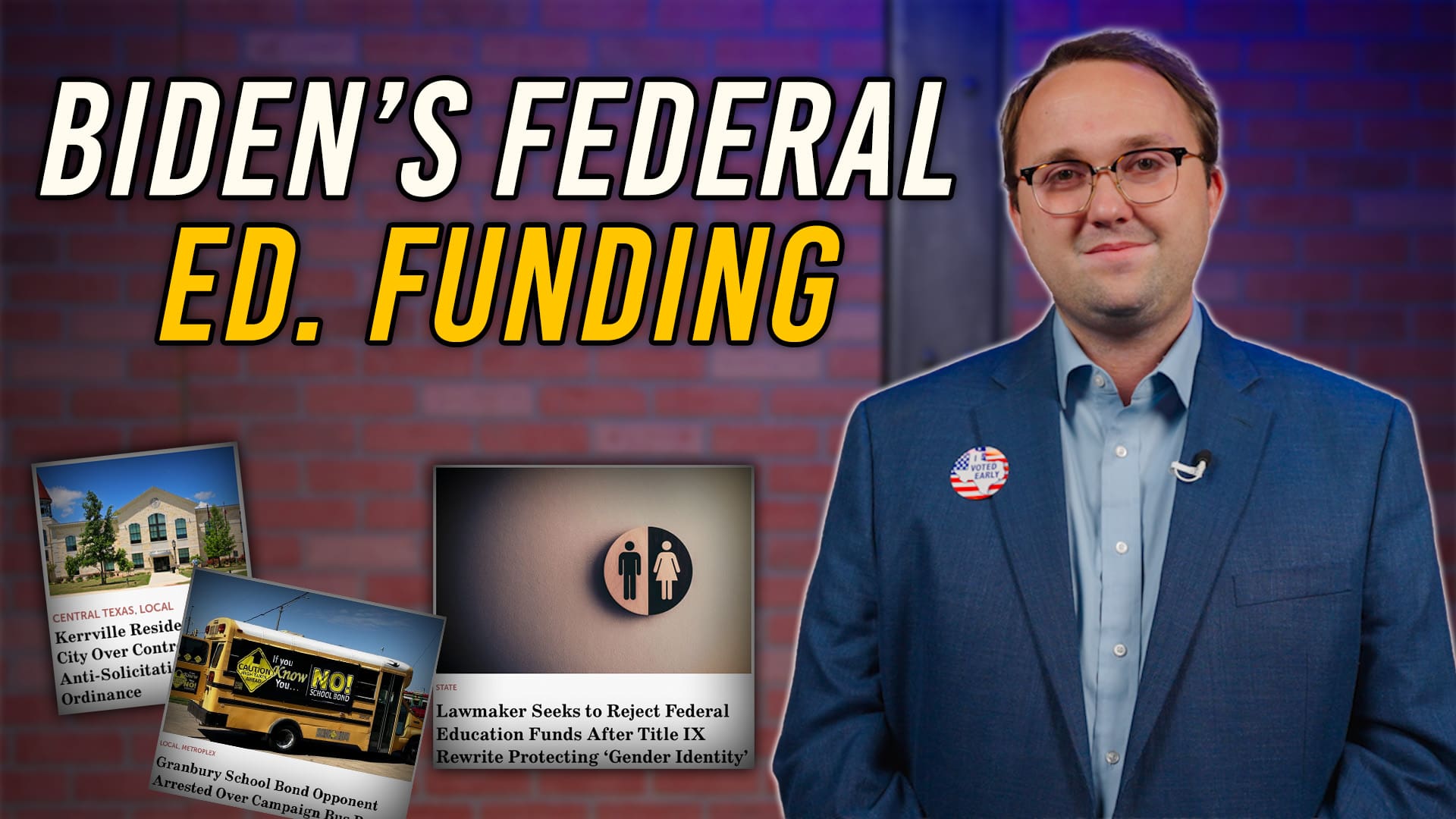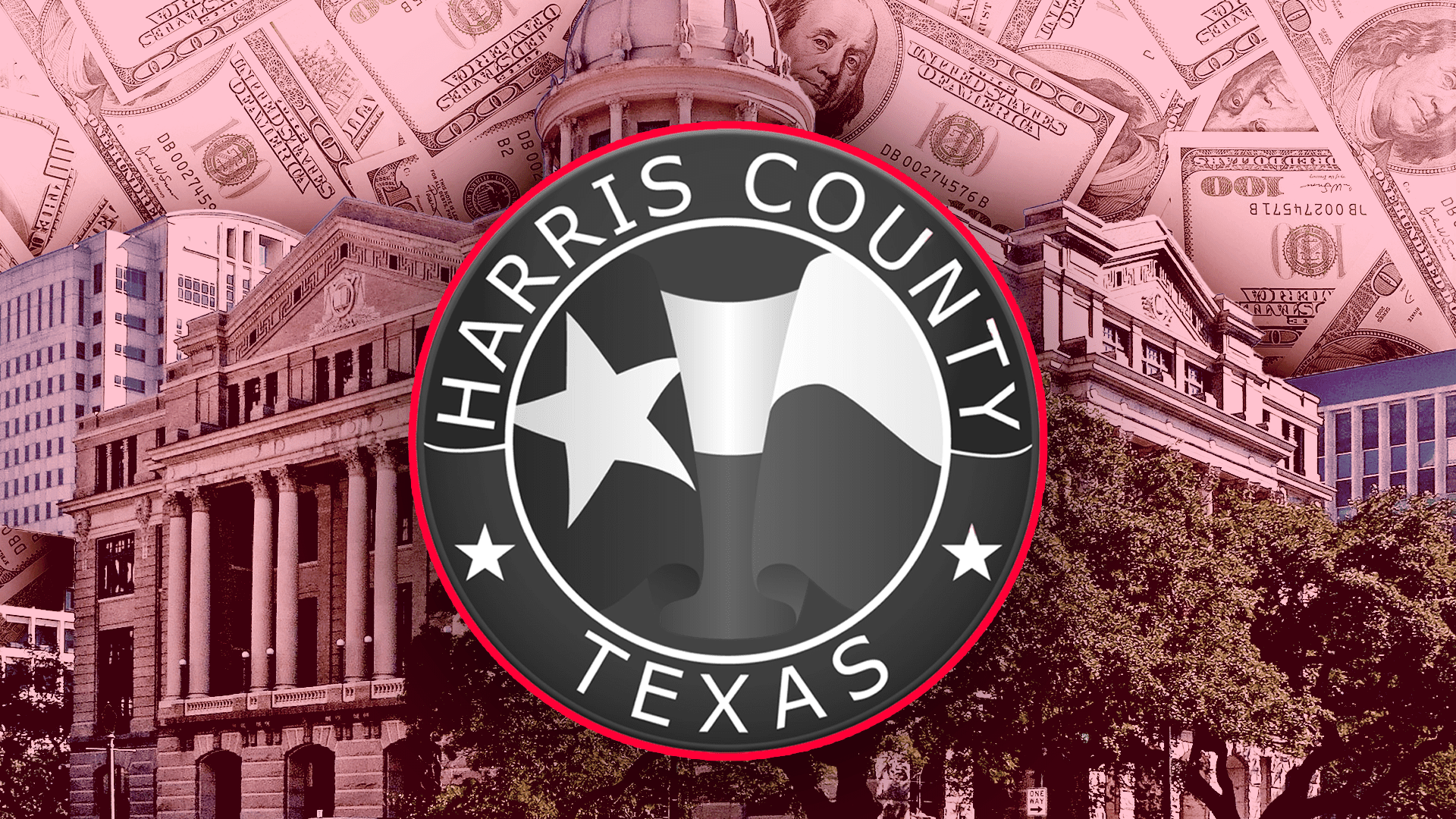Earlier this week Texas Gov. Rick Perry vetoed tax legislation for the right reason: it simply hasn’t been studied enough.
House Bill 2403 would have allowed the state to start collecting sales taxes from online retailers selling their products in the Lone Star State.
Advocates for the law estimate $600 million the state “loses” when people buy products online rather than from brick-and-mortar shops that have to levy the sales tax.
Those brick-and-mortar stores, by the way, feel they cannot compete with the 8.25 percent advantage the online guys get by not having to levy sales tax.
Wrapped up in all this are federal laws, the laws in other states, and the concept of tax nexus.
It’s probably charitable to say that the current law is vague — a point driven home over the last year when the Comptroller told Amazon.com to pay up for sales taxes not collected. The online giant said they didn’t owe any, and, by the way, would take the jobs they have created in Texas somewhere else.
Here’s what Gov. Perry said in vetoing the tax:
I have serious concerns about the impact and appropriateness of House Bill No. 2403. In particular, I believe this legislation risks significant unintended consequences. My strong preference is to conduct a thorough policy discussion with Texas lawmakers, consumers, retailers and technology experts – and with other states and even the federal government – about interstate commerce and the structure of state sales taxes in the 21st century. That conversation is underway, and I believe that a consensus can and should be reached that balances the competing interests, respects federalism, and is fair and equitable. I call on the legislature to review this issue further while we reach out to our federal delegation and our friends in other states to build consensus.
The e-economy is still a new and strange place. Laws enacted to cover mail-order catalogue businesses may or may not be appropriate.
The Amazon tax, despite being vetoed, isn’t exactly dead. As the legislature is now in special session on state fiscal matters, lawmakers have already said they would include this measure into the must-pass budget bills. How the governor will handle that isn’t clear.
What is clear, however, is that levying taxes even in cyberspace can have important consequences in the physical world, affecting employment and economic growth. Before Texas takes that path, there should be a lot more study and discussion in the body politic.
—
Andrew Kerr is the Executive Director of Empower Texans / Texans for Fiscal Responsibility
Connect with Andrew on Twitter



